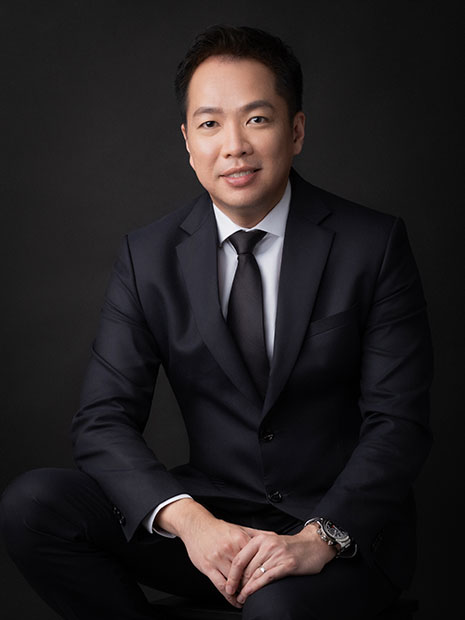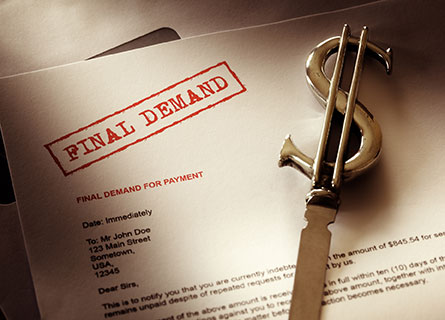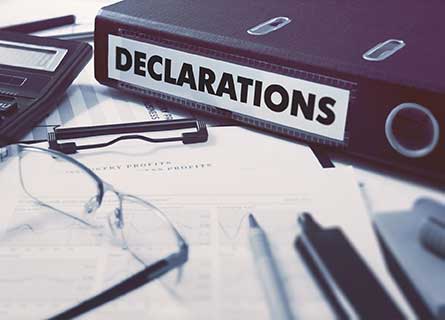Guide to Personal Injury Law in Singapore
9.09.2024Personal injuries arise from various causes, such as road traffic accidents, incidents at work, accidents in public places, and medical negligence.
Personal injuries can be physical, mental/emotional, or both.
Personal injury claims arise from the negligence of a third party, which could be another road user, an employer, or someone responsible for a public space where a person is injured.
If you suffer an injury that is the fault of a third party and have evidence to show they caused your injuries, you may be able to bring a civil claim for negligence against them under Singaporean law. You must also be able to show that the person or organisation responsible for your injuries owed you a duty of care.
What is a duty of care?
A duty of care is a legal obligation from a person or company to others in certain situations. A successful personal injury claim is based on a breach of that duty of care, with injury or damage that is foreseeable being caused as a result.
Road users, including cyclists and pedestrians, owe each other a duty of care. Employers owe their employees a duty of care in the workplace, and a controller of a public space, like a shop owner, owes the public who come into their premises a duty of care to provide a safe environment.
Claims can be started for injuries of all types, from relatively minor to life-changing, caused by a major accident. A successful claimant can seek financial compensation called damages, which reflect the severity of their injury and how their daily life will be impacted going forward. Damages are designed to return that person to the position they would have been in had the accident not occurred.
How does a personal injury case work in Singapore?
Before any lawyer agrees to represent a claimant, they will need comprehensive details about an accident. The precise nature of the information depends on the specific nature of what happened but usually includes the following:
- The circumstances of the accident or incident.
- Specific details of the accident, including location, date, time, and how the accident occurred.
- Details of witnesses.
- Photographic and video footage, if available.
- Any police records or reports.
- The claimant’s medical history: this is important to isolate new injuries and conditions caused by the accident from any health problems which existed previously.
- Details of medical treatment received and ongoing as a result of the accident.
- Employment history: injuries may result in time off work for which a claimant may be able to claim loss of earnings. Injuries could also impact a claimant’s ability to return to their job again in the future.
- Any insurance cover.
A personal injury lawyer will review the circumstances of a case to establish liability and will be able to give an estimate on the type and amount of damages that may be claimed.
Compensation is divided into general damages and special damages.
General damages
General damages are financial compensation specifically related to pain and suffering from the injuries incurred in the accident. General damages can be awarded for mental distress, and conditions such as post traumatic stress disorder (PTSD), as well as physical injuries.
The legal profession and courts use the ‘Guidelines for the Assessment of General Damages,’ which contain reference markers and financial values for different types and levels of injuries.
Special damages
Special damages cover financial losses incurred as a direct result of an accident. These include costs for medical treatment, hospitalisation, and transport to and from medical appointments. A claimant must be able to evidence these costs to include them in their claim.
Special damages also include loss of earnings, which may be temporary or permanent if a claimant cannot return to their original job, or even return to work. For injuries which occur in the workplace, the Work Injuries Compensation Act (WICA) sets out a formula for special damages based on a claimant’s salary.
What are punitive damages?
A court sometimes awards punitive damages to the claimant. The Singapore Court of Appeal has defined punitive damages as damages awarded when the defendant’s conduct is ‘so outrageous that it warrants punishment, deterrence and condemnation.’
If the accident has already led to a criminal prosecution for which the defendant has received punishment, then a court may not award punitive damages.
Which court hears personal injury cases?
The court will depend on the value of the claim being made. If the claim is for S$60,000 or less, it is usually heard in the Magistrate’s Court. For cases with a value above S$60,000 but under S$250,000, the case is heard in the District Court. Claims over S$250,000 are heard in the High Court.
Is there a time limit on starting a personal injury claim in Singapore?
There is a limitation period of three years for most personal injury cases within which a claim should be started. The three years start from the date of the accident or incident or when the claimant became aware of the injury, which could be later.
An example of this is a pre-existing condition that is made worse by the act or omission of a third party, and is not immediately apparent, or when a person is a victim of a situation such as a latent defect and doesn’t suffer an actual accident. Their health may be impacted but not in a direct and visible way, for example, exposure to a toxic chemical in the workplace.
Some personal injury claims are regulated by the Work Injury Compensation Act (WICA), and these cases are limited to one year from the accident date.
What is contributory negligence?
Sometimes, an injury received in an accident is not the sole fault of the defendant; the claimant may also be partially responsible; this is called contributory negligence.
A good example is a motor accident in which both drivers are at fault, or a workplace situation in which an employer has failed to update a safety policy, and an employee has also omitted to wear the correct protective clothing, resulting in injury.
A claimant who contributed to the accident can still bring a personal injury claim against a third party. However, a court will reduce any award for compensation, subject to how relevant the contributory negligence was to the injury they have suffered.
What is the Motor Claims Framework (MCF) in Singapore?
Road accidents are one of the most common starting points for personal injury claims. The Motor Claims Framework (MCF) in Singapore was set up to standardise the reporting of motor accidents.
The MCF is supported by all Singaporean motor insurers and is designed to provide a transparent and slick process for claimants and help manage insurance companies’ costs. It also gives claimants an estimate of how much compensation they may receive for their injuries.
Do you need a specialist personal injury lawyer for your claim?
Sometimes, minor injuries can be settled between the parties themselves and their respective insurance companies, so there is no need for legal representation; this is particularly common in motor accident claims.
Employees who suffer an injury in the workplace can opt to claim under WICA and don’t require a lawyer. The claim is brought directly against the employer. However, employees can bypass WICA and sue their employer in court, but legal representation is usually required for this.
Damages can be complex for some injuries and include compensation for adjustments to daily living, a change in earning capacity, future loss of earnings, as well as for the injury. A specialist personal injury lawyer is often best placed to pursue a claim with their expert knowledge and experience.
If the case needs to go to court, either because the defendant disputes liability or the amount being claimed, then a lawyer will be required to represent you throughout this process.
On occasion, a claimant may surrender the right to pursue the matter at court in return for a financial settlement. These negotiations are often best handled by an expert legal professional who will understand the value of the claim, and what a claimant is entitled to, and should accept.
Other routes to settlement, such as mediation, can also be handled by a personal injury lawyer.
While there is a cost in hiring a lawyer, a personal injury claimant is more likely to receive a fairer and quicker payout with the services of a solicitor.
Legal costs
In Singapore, ‘no win, no fee’ agreements are prohibited, so claimants must consider legal costs if they wish to hire a lawyer to represent them.
A successful claim may include a sum to cover the claimant’s costs. If the case goes to court, the court can order the defendant to pay the claimant’s legal fees as well as their own, but this is never guaranteed.
Legal costs are a risk factor for any claimant and should be discussed in full at the outset before agreeing to pursue a claim.
Final thoughts on insurance law in Singapore
Ultimately, being subject to an injury is a time of pain, suffering, and distress. A personal injury lawyer can take the strain of the claim and relieve the claimant of any anxiety and worry surrounding the legal process, allowing them to focus entirely on their recovery.




